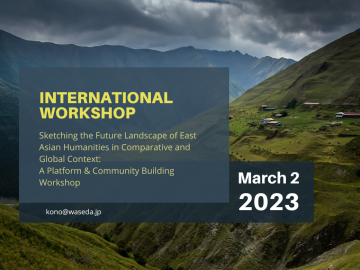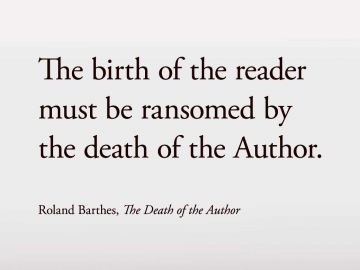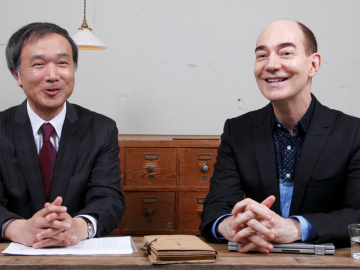On March 2, 2023, a workshop entitled “Sketching the Future Landscape of East Asian Humanities in Comparative and Global Context: A Platform & Community Building Workshop” was held at Waseda University’s Toyama Campus, Building 39, Conference Room 5. This workshop was held with the aim of forming a new East Asia-focused team within the Comparative Global Humanities initiative (MIT).
This initiative at MIT promotes humanities research in a new, fully global, and ambitiously comparative key and promotes the formation of regional groups to conduct collaborative research that productively connects ancient and modern humanities in each of the world’s major macro-regions. More specifically, for the pilot project theme of “The Lives and Deaths of Literary Cultures” the presenters and participants shared their awareness of the issues and engaged in intensive discussions on how to build a research community and platform specifically devoted to the comparative study of East Asian classics.
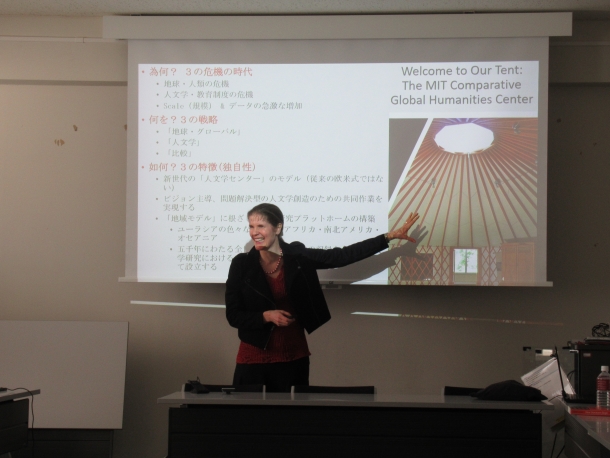
The workshop opened with an introduction by Professor Wiebke Denecke of MIT on the MIT initiative. Along with the question of how to create new humanities for our age, why to do it and how to do so in the ongoing current crisis in the humanities, the overall vision of the initiative was presented: new knowledge to help address today’s greatest global challenges should be generated from the experiences, records, and memories of all humankind in deep time; and the creation of a model of a new generation of humanities centers, that should not just benefit individual researchers and their personal interests, but that should instead be vision-driven, problem-solving, and collaborative in spirit should be the goal. The goal of the workshop was to discuss what concrete projects should be undertaken from the perspective of East Asia’s Sinographic Sphere and how to build a team for sustained collaborative research.
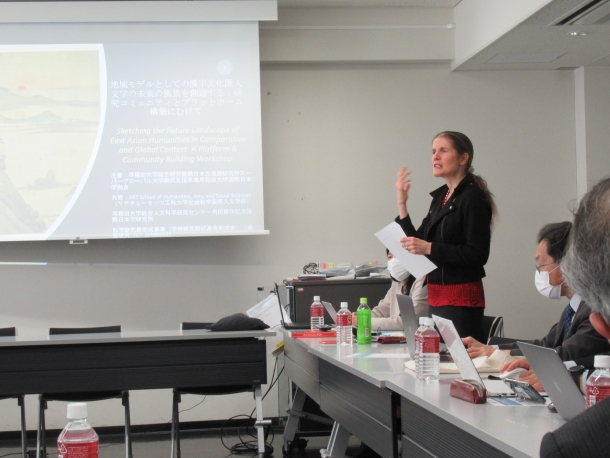
The workshop then proceeded in the form of a series of discussions, with each presenter giving a 5-minute PPT presentation on each of the following three issues: (1) the current initiatives of each participant, the characteristics and challenges of their current activities; (2) what kind of contribution they wish to make for regional, comparative study of premodern East Asia and their related plans, ideas, methods, and challenges; and (3) suggestions for concrete projects we could collaboratively pursue in the near future on the broader theme of “The Lives and Deaths of Literary Cultures.”
Presenters were Wiebke Denecke (MIT), Sim Kyung-ho, Yang Won-suk, Noh Johann (Korea University), Natsuo Santoh (National Chengchi University), Michael Watson (Meiji Gakuin University), Machiko Midorikawa (Part-time Lecturer, Waseda University), Yoshitaka Yamamoto (National Institute of Japanese Literature), Hidenori Jinno, Fumio Tanaka, and Satomi Yamamoto, and Kimiko Kono (Waseda University), for a total of 12 participants. Lively and substantive discussions transcended their respective fields of expertise and geographical regions and developed ideals for creating new forms of humanistic research on East Asia, that would critically explore the concept of the “Sinographic Sphere,” and look at the past from both positive and critical perspectives and connect it to the building of a more peaceful world in the future where everybody can thrive.
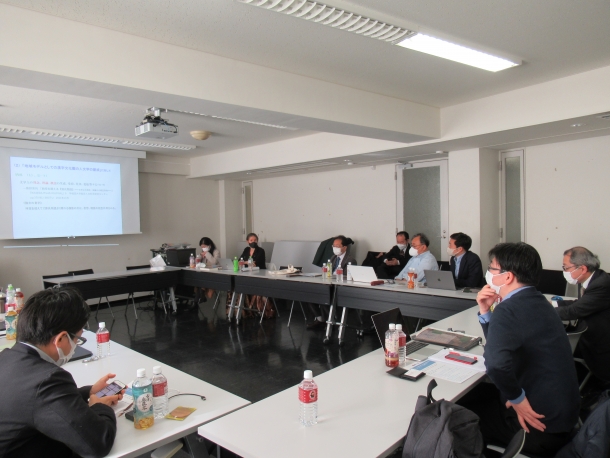
The workshop was organized by Research Institute of Japanese Classical Books, Waseda University, and Global Japanese Studies Model Unit, Waseda University Top Global University Project, and co-organized by MIT School of Humanities, Arts, and Social Sciences, Ryusaku Tsunoda Center of Japanese Culture, and Grant-in-Aid for Scientific Research (C) (20K00337)
(Written by Kimiko Kono)
Impressions on the Event
The following participant comments have been translated from Japanese into English.
“Today’s workshop first focused on the current conditions of the Humanities around the world, and made us think about what humanities research of the Sinographic Sphere and engagement with the “Chinese classics” mean in this era, in the light of all the trends devaluing the importance of classical studies. This made me reevaluate my own research as a student of Classical Japanese Literature. In addition, each of the professors suggested specific collaborative projects relating to their research interests, and discussed the possibility of implementing them in the context of a planned platform for studying East Asia on a regional and global perspective. Although some of the topics were less relevant to me, I was able to understand the current research trends and see more clearly what I can and would like to do in the future. Many thanks– I received so much stimulation!” (ZHU, Yimai)
“It was very stimulating to learn through this workshop about the efforts of scholars from different countries and research fields to better understand East Asia’s Sinographic Sphere through comparative research. As I listened to the presentations, a question arose: is there only ONE correct way of writing in Chinese? As a Chinese educated in China, I grew up with the prejudice to dismiss Chinese works from peripheral countries such as Japan and Korea as “inferior” from the Chinese point of view. However, since sinographs are the property and culture shared by all of East Asia, we need to break through this prejudice and reconsider what specifically “Sinographic Sphere” and it various literary cultures mean.” (FENG, Chencheng)
Event Overview
- Date and time: March 2, 10:00 – 17:00 (JST)
- Language: Japanese
- Venue: Conference room 5, Building 39, Toyama Campus, Waseda University
- Participation is free.
- Organized by: Research Institute of Japanese Classical Books, Global Japanese Studies Model Unit, Waseda University Top Global University Project
- Co-organized by: MIT School of Humanities, Arts, and Social Sciences, Ryusaku Tsunoda Center of Japanese Culture, Grant-in-Aid for Scientific Research (C) (20K00337)
- Prospected Audience: Faculty members, Researchers, Graduate students
